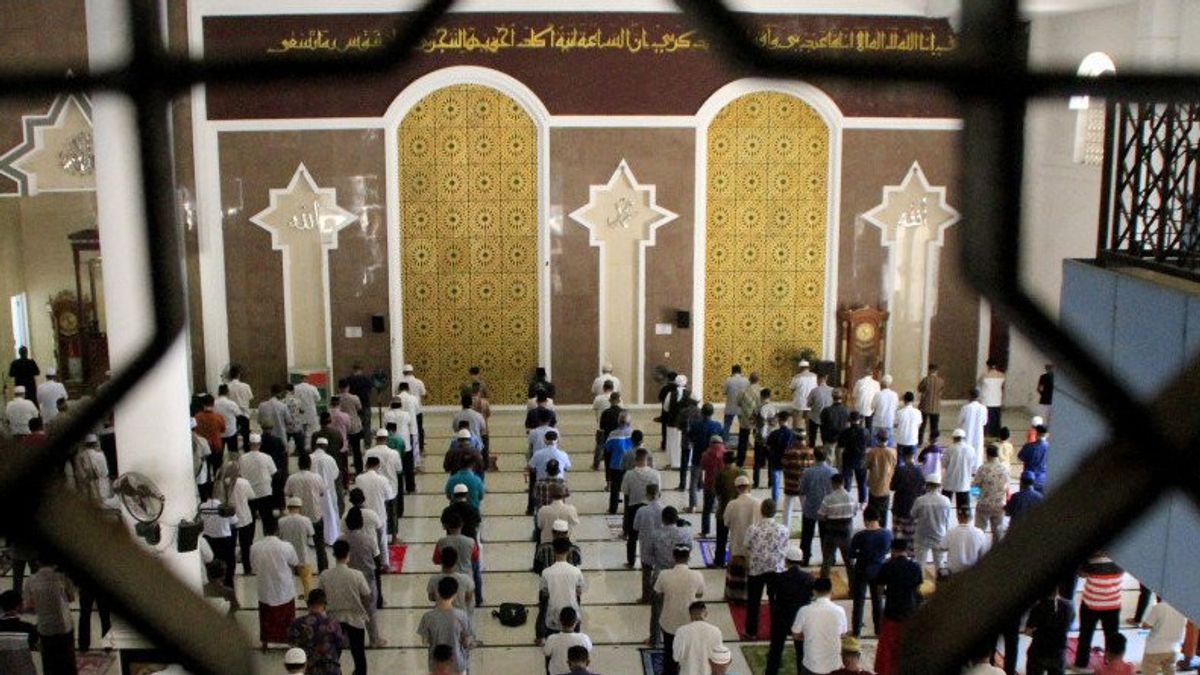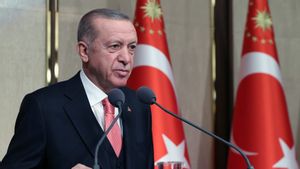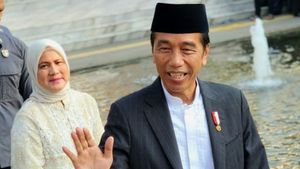JAKARTA - The Muhammadiyah Central Executive and the Nahdlatul Ulama Executive Board welcomed the issuance of Circular Letter Number 05/2022 concerning Guidelines for Loudspeakers in Mosques/Mushala in order to strengthen harmony and peace in the community, but the implementation should not be too rigid. Mosques or others are not arbitrary. Not at any time," said PP Muhammadiyah Chairman Dadang Kahmad in a written statement received in Jakarta, Tuesday. This is because setting loudspeakers will create serenity and the sound will not clash. Dadang said that so far, mosques under the auspices of Muhammadiyah have been disciplined in their use. The use of loudspeakers outside the mosque, said Dadang, is only used when the call to prayer is used. "Muhammadiyah mosques have been disciplined from the start. The use of loudspeakers comes out only to the call to prayer," he said. Meanwhile, PP Muhammadiyah Chairman Anwar Abbas said he agreed with this rule. However, he asked that the implementation should not be rigid. He explained that the purpose of the statement so that the regulation would not be rigid is that for areas where 100 percent of the population is Muslim, the use of loudspeakers should be understood. Because, he views it as a symbol of Islam. "Therefore, perhaps in the regulation there needs to be a consideration that regulates and provides leniency regarding this matter," said the MUI vice president. socialization of the demands of society, so as not to cause misunderstandings. Loudspeakers or mosque toa are a form of syiar, as long as they are used at the right time. Adhan or tarhim," he said. He was of the opinion that the application of rules regarding the use of loudspeakers in mosques needs to take into account the unequal social conditions of the surrounding community. Cholil gave an example of loudspeaker activities before the call to prayer can be enjoyed in rural areas, it is different for urban communities with a high level of heterogeneity." There is a difference between rural and urban areas. For rural (people) they enjoy tarhim, long Quran readings. However, for urban areas, with heterogeneity and quite dense work, it may be quite disrupted," he said.
The English, Chinese, Japanese, Arabic, and French versions are automatically generated by the AI. So there may still be inaccuracies in translating, please always see Indonesian as our main language. (system supported by DigitalSiber.id)













